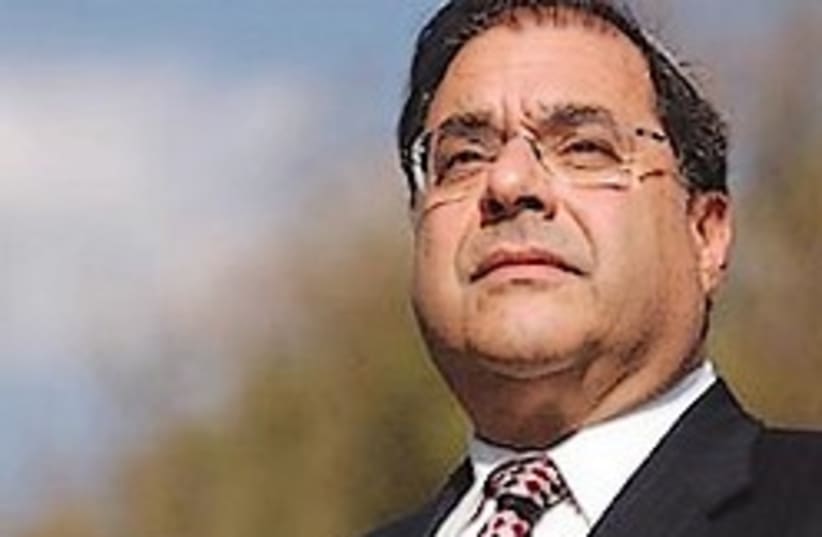Halacha prohibits the sale of cigarettes, ChiefRabbis of Efrat Shlomo Riskin and Shimon Golan have announced, addingthat they will attempt to enforce the prohibition through persuasion.
A notice was published in the local Efraton weekly over the weekend that the two rabbis had issued a prohibition against the sale of cigarettes.
The two rabbis said that anyone who sold cigarettes transgressedtwo halachic prohibitions. The first was aiding and abetting a fellowJew in the sin of endangering one's life. The second was standing idlyby while a fellow Jew endangered his or herself.
"Cigarettes are treif," Riskin told The Jerusalem Poston Monday. "If I could, I would revoke the kashrut supervisioncertificate of every store or restaurant that sold cigarettes. But thelaw does not permit me to."
Riskin said that he had consulted with the Efrat Municipality's legal adviser on the matter.
"Since cigarettes are not foodstuffs they are not under my jurisdiction as a kashrut supervisor," Riskin said.
Inthe past, the High Court of Justice has ruled that city rabbis cannotrevoke kashrut supervision certificates except for reasons directlyrelated to the preparation of food.
For instance, two decades ago the court ruled against tworabbis, saying that belly dancing on the premises of a Jerusalemrestaurant was not a reason to revoke a kashrut certificate.
And last June, the court, resting on the belly-dancingprecedent, ruled that Ashdod's chief rabbi could not deprive a bakeryof a kashrut certificate because its owner was a Jew who had convertedto Christianity.
However, Riskin said that in his opinion, the sale ofcigarettes was reason enough to take away a business's kashrutsupervision.
"At the very least someone who smokes is transgressing theTorah's commandment to carefully guard your soul, and it could even beconsidered killing yourself, not to mention the fact that you areendangering others with secondary smoke.
"And there is absolutely no salutary feature to it," he said.
Riskin said that Jewish law was more stringent regarding itemsthat endanger a person's life than regarding ritual prohibitions suchas the mixing of meat and milk.
"But since I cannot force anyone to stop selling cigarettes, I will use persuasion," he said.
Riskin said that he had already met with the owners of two offive stores that sell cigarettes in Efrat, and had convinced them tostop selling cigarettes.
Numerous rabbis have ruled that due to the dangers to one'shealth caused by smoking it is strictly forbidden. Rabbi Shlomo ZalmanAuerbach, considered the greatest halachic authority of the previousgeneration, ruled that smoking was considered self-flagellation andwrote "that I have never joined with those rabbis who permit smoking."
Rabbi Efraim Greenblatt of Memphis, Tennessee, likened smoking to lying down on a busy highway.
The late Rabbi Eliezer Waldenberg, a leading judge on the Supreme Rabbinical Court and author of the Tzitz Eliezer,ruled that the principle "God watches over the simple," which permitstaking certain calculated risks, applies only when the risk isextremely small, or that there is no empirical, scientific evidence tosubstantiate the danger.
Rabbi Ovadia Yosef of Shas has also prohibited the practice.
